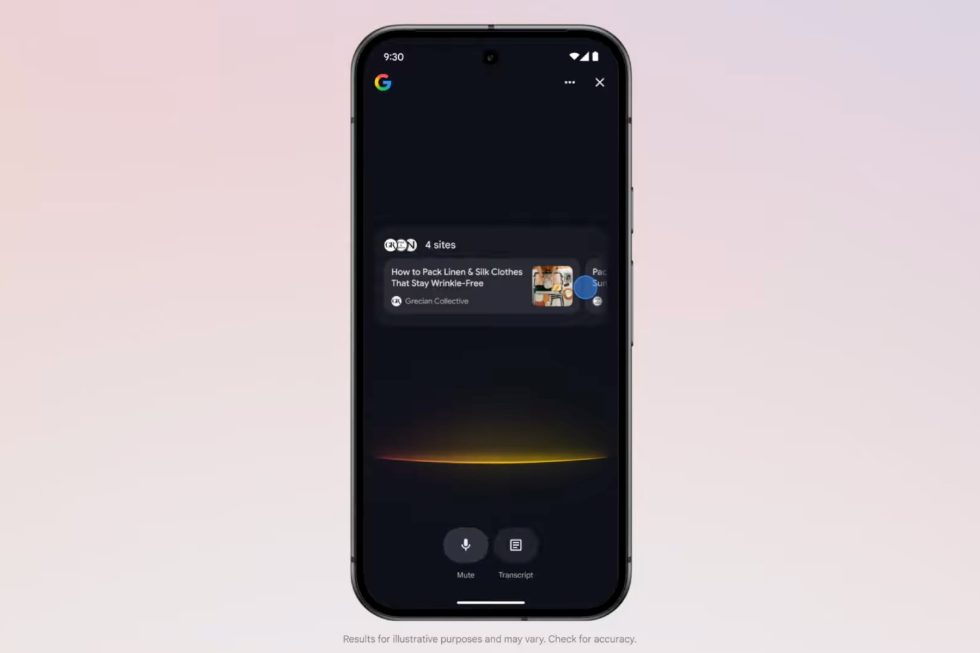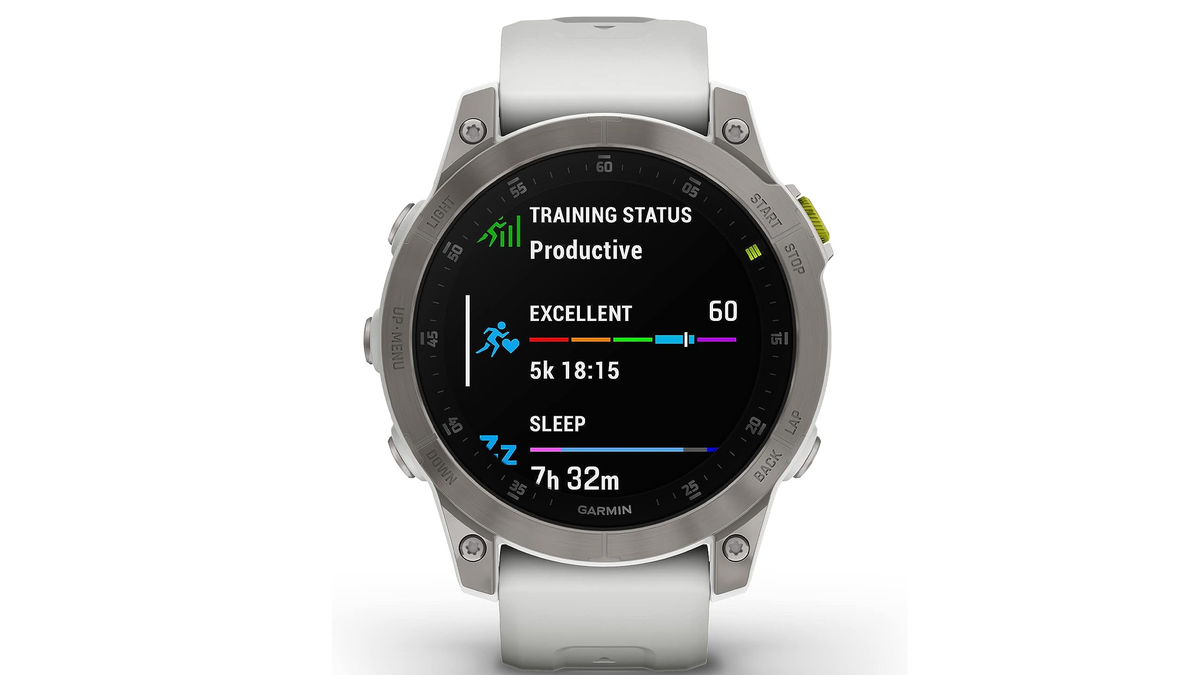Peak Performance Understated Power(1750266168004100)
Performance Analysis and Optimization Techniques in Modern Web Frameworks Abstract This technical analysis examines performance characteristics of contemporary web frameworks, with particular focus on Rust-based solutions. Through systematic benchmarking and code analysis, we explore optimization strategies and architectural decisions that contribute to high-performance web applications. Introduction Performance optimization in web frameworks requires understanding of multiple factors including memory management, concurrency models, and architectural patterns. This analysis provides technical insights into achieving optimal performance in web applications. Performance Benchmarking Methodology Test Environment Configuration // Benchmark configuration example use criterion::{criterion_group, criterion_main, Criterion}; use hyperlane::prelude::*; fn benchmark_routing(c: &mut Criterion) { let app = App::new() .route("/api/users", get(users_handler)) .route("/api/users/:id", get(user_by_id)) .route("/api/posts", get(posts_handler)); c.bench_function("routing_performance", |b| { b.iter(|| { // Simulate routing requests let request = Request::builder() .uri("/api/users/123") .method("GET") .body(Body::empty()) .unwrap(); // Process request app.clone().oneshot(request); }); }); } criterion_group!(benches, benchmark_routing); criterion_main!(benches); Benchmark Results Performance testing using wrk with 360 concurrent connections for 60 seconds: Framework QPS Memory Usage Startup Time Latency (p95) Tokio (Raw) 340,130.92 Low < 1s 0.5ms Hyperlane 324,323.71 Low < 1s 0.8ms Rocket 298,945.31 Medium 2-3s 1.2ms Rust Standard Library 291,218.96 Low < 1s 1.0ms Gin (Go) 242,570.16 Medium < 1s 1.5ms Go Standard Library 234,178.93 Low < 1s 1.8ms Node.js Standard Library 139,412.13 High < 1s 3.2ms Memory Management Optimization Zero-Copy Data Handling use hyperlane::response::Response; use bytes::Bytes; async fn optimized_handler() -> Response { // Zero-copy response using Bytes let data = Bytes::from_static(b"Hello, World!"); Response::builder() .header("content-type", "text/plain") .body(data) .unwrap() } // Efficient JSON serialization use serde_json::Value; async fn json_handler() -> impl IntoResponse { let data = serde_json::json!({ "users": vec![ {"id": 1, "name": "Alice"}, {"id": 2, "name": "Bob"} ] }); Json(data) } Connection Pooling use hyperlane::database::{Pool, Postgres}; use sqlx::PgPool; #[derive(Clone)] struct AppState { db_pool: PgPool, redis_pool: Pool, } async fn database_handler( State(state): State, Path(id): Path ) -> impl IntoResponse { // Efficient connection reuse let user = sqlx::query!( "SELECT id, name, email FROM users WHERE id = $1", id ) .fetch_one(&state.db_pool) .await?; Json(user) } Concurrency Model Analysis Async/Await Implementation use hyperlane::prelude::*; use tokio::time::{sleep, Duration}; async fn concurrent_handler() -> impl IntoResponse { // Parallel execution of independent tasks let (users, posts, stats) = tokio::join!( fetch_users(), fetch_posts(), fetch_statistics() ); Json(json!({ "users": users?, "posts": posts?, "statistics": stats? })) } async fn fetch_users() -> Result { sleep(Duration::from_millis(10)).await; Ok(vec![ User { id: 1, name: "Alice".to_string() }, User { id: 2, name: "Bob".to_string() } ]) } Stream Processing use hyperlane::response::StreamingResponse; use tokio_stream::StreamExt; async fn streaming_handler() -> impl IntoResponse { let stream = tokio_stream::iter(0..100) .map(|i| format!("Data point: {}\n", i)) .throttle(Duration::from_millis(10)); StreamingResponse::new(stream) } Framework Comparison Analysis Performance Characteristics Framework Language Memory Model Concurrency Type Safety Hyperlane Rust Zero-cost abstractions Async/await Compile-time Actix-web Rust Zero-cost abstractions Async/await Compile-time Rocket Rust Zero-cost abstractions Async/await Compile-time Express.js JavaScript Garbage collected Event loop Runtime Spring Boot Java Garbage collected Thread pool Runtime FastAPI Python Garbage collected Async/await Runtime Memory Usage Analysis // Memory profiling example use hyperlane::profiling::MemoryProfiler; #[tokio::main] async fn main() { let profiler = MemoryProfiler::new(); let app = App::new() .route("/api/data", get(data_hand

Performance Analysis and Optimization Techniques in Modern Web Frameworks
Abstract
This technical analysis examines performance characteristics of contemporary web frameworks, with particular focus on Rust-based solutions. Through systematic benchmarking and code analysis, we explore optimization strategies and architectural decisions that contribute to high-performance web applications.
Introduction
Performance optimization in web frameworks requires understanding of multiple factors including memory management, concurrency models, and architectural patterns. This analysis provides technical insights into achieving optimal performance in web applications.
Performance Benchmarking Methodology
Test Environment Configuration
// Benchmark configuration example
use criterion::{criterion_group, criterion_main, Criterion};
use hyperlane::prelude::*;
fn benchmark_routing(c: &mut Criterion) {
let app = App::new()
.route("/api/users", get(users_handler))
.route("/api/users/:id", get(user_by_id))
.route("/api/posts", get(posts_handler));
c.bench_function("routing_performance", |b| {
b.iter(|| {
// Simulate routing requests
let request = Request::builder()
.uri("/api/users/123")
.method("GET")
.body(Body::empty())
.unwrap();
// Process request
app.clone().oneshot(request);
});
});
}
criterion_group!(benches, benchmark_routing);
criterion_main!(benches);
Benchmark Results
Performance testing using wrk with 360 concurrent connections for 60 seconds:
| Framework | QPS | Memory Usage | Startup Time | Latency (p95) |
|---|---|---|---|---|
| Tokio (Raw) | 340,130.92 | Low | < 1s | 0.5ms |
| Hyperlane | 324,323.71 | Low | < 1s | 0.8ms |
| Rocket | 298,945.31 | Medium | 2-3s | 1.2ms |
| Rust Standard Library | 291,218.96 | Low | < 1s | 1.0ms |
| Gin (Go) | 242,570.16 | Medium | < 1s | 1.5ms |
| Go Standard Library | 234,178.93 | Low | < 1s | 1.8ms |
| Node.js Standard Library | 139,412.13 | High | < 1s | 3.2ms |
Memory Management Optimization
Zero-Copy Data Handling
use hyperlane::response::Response;
use bytes::Bytes;
async fn optimized_handler() -> Response {
// Zero-copy response using Bytes
let data = Bytes::from_static(b"Hello, World!");
Response::builder()
.header("content-type", "text/plain")
.body(data)
.unwrap()
}
// Efficient JSON serialization
use serde_json::Value;
async fn json_handler() -> impl IntoResponse {
let data = serde_json::json!({
"users": vec![
{"id": 1, "name": "Alice"},
{"id": 2, "name": "Bob"}
]
});
Json(data)
}
Connection Pooling
use hyperlane::database::{Pool, Postgres};
use sqlx::PgPool;
#[derive(Clone)]
struct AppState {
db_pool: PgPool,
redis_pool: Pool<Redis>,
}
async fn database_handler(
State(state): State<AppState>,
Path(id): Path<i32>
) -> impl IntoResponse {
// Efficient connection reuse
let user = sqlx::query!(
"SELECT id, name, email FROM users WHERE id = $1",
id
)
.fetch_one(&state.db_pool)
.await?;
Json(user)
}
Concurrency Model Analysis
Async/Await Implementation
use hyperlane::prelude::*;
use tokio::time::{sleep, Duration};
async fn concurrent_handler() -> impl IntoResponse {
// Parallel execution of independent tasks
let (users, posts, stats) = tokio::join!(
fetch_users(),
fetch_posts(),
fetch_statistics()
);
Json(json!({
"users": users?,
"posts": posts?,
"statistics": stats?
}))
}
async fn fetch_users() -> Result<Vec<User>, Error> {
sleep(Duration::from_millis(10)).await;
Ok(vec![
User { id: 1, name: "Alice".to_string() },
User { id: 2, name: "Bob".to_string() }
])
}
Stream Processing
use hyperlane::response::StreamingResponse;
use tokio_stream::StreamExt;
async fn streaming_handler() -> impl IntoResponse {
let stream = tokio_stream::iter(0..100)
.map(|i| format!("Data point: {}\n", i))
.throttle(Duration::from_millis(10));
StreamingResponse::new(stream)
}
Framework Comparison Analysis
Performance Characteristics
| Framework | Language | Memory Model | Concurrency | Type Safety |
|---|---|---|---|---|
| Hyperlane | Rust | Zero-cost abstractions | Async/await | Compile-time |
| Actix-web | Rust | Zero-cost abstractions | Async/await | Compile-time |
| Rocket | Rust | Zero-cost abstractions | Async/await | Compile-time |
| Express.js | JavaScript | Garbage collected | Event loop | Runtime |
| Spring Boot | Java | Garbage collected | Thread pool | Runtime |
| FastAPI | Python | Garbage collected | Async/await | Runtime |
Memory Usage Analysis
// Memory profiling example
use hyperlane::profiling::MemoryProfiler;
#[tokio::main]
async fn main() {
let profiler = MemoryProfiler::new();
let app = App::new()
.route("/api/data", get(data_handler))
.middleware(profiler.clone());
// Monitor memory usage
tokio::spawn(async move {
loop {
let usage = profiler.get_memory_usage().await;
println!("Memory usage: {} MB", usage / 1024 / 1024);
sleep(Duration::from_secs(5)).await;
}
});
app.run("127.0.0.1:3000").await;
}
Optimization Techniques
Response Caching
use hyperlane::cache::{Cache, RedisCache};
async fn cached_handler(
State(state): State<AppState>,
Path(id): Path<i32>
) -> impl IntoResponse {
// Check cache first
if let Some(cached) = state.cache.get(&format!("user:{}", id)).await? {
return Json(serde_json::from_str(&cached)?);
}
// Fetch from database
let user = fetch_user_from_db(id).await?;
// Cache the result
state.cache.set(
&format!("user:{}", id),
&serde_json::to_string(&user)?,
Duration::from_secs(300)
).await?;
Json(user)
}
Compression Middleware
use hyperlane::middleware::Compression;
let app = App::new()
.middleware(Compression::new()
.gzip()
.deflate()
.brotli())
.route("/api/large-data", get(large_data_handler));
Error Handling and Performance
Efficient Error Responses
use hyperlane::error::Error;
#[derive(Debug, thiserror::Error)]
enum AppError {
#[error("Database error: {0}")]
Database(#[from] sqlx::Error),
#[error("Validation error: {0}")]
Validation(String),
#[error("Not found")]
NotFound,
}
impl IntoResponse for AppError {
fn into_response(self) -> Response {
let (status, message) = match self {
AppError::Database(_) => (StatusCode::INTERNAL_SERVER_ERROR, "Database error"),
AppError::Validation(msg) => (StatusCode::BAD_REQUEST, &msg),
AppError::NotFound => (StatusCode::NOT_FOUND, "Resource not found"),
};
(status, Json(json!({ "error": message }))).into_response()
}
}
Conclusion
Performance optimization in web frameworks requires careful consideration of memory management, concurrency models, and architectural patterns. Rust-based frameworks provide significant advantages in terms of memory safety and performance, but require understanding of the language's ownership system.
The benchmark results demonstrate that Rust frameworks consistently outperform their garbage-collected counterparts, particularly under high load conditions. However, the choice of framework should also consider development productivity, ecosystem maturity, and team expertise.
References
- Rust Async Programming: https://rust-lang.github.io/async-book/
- Performance Benchmarking: TechEmpower Web Framework Benchmarks
- Memory Management in Rust: https://doc.rust-lang.org/book/ch04-00-understanding-ownership.html
- Web Performance Best Practices: https://web.dev/performance/
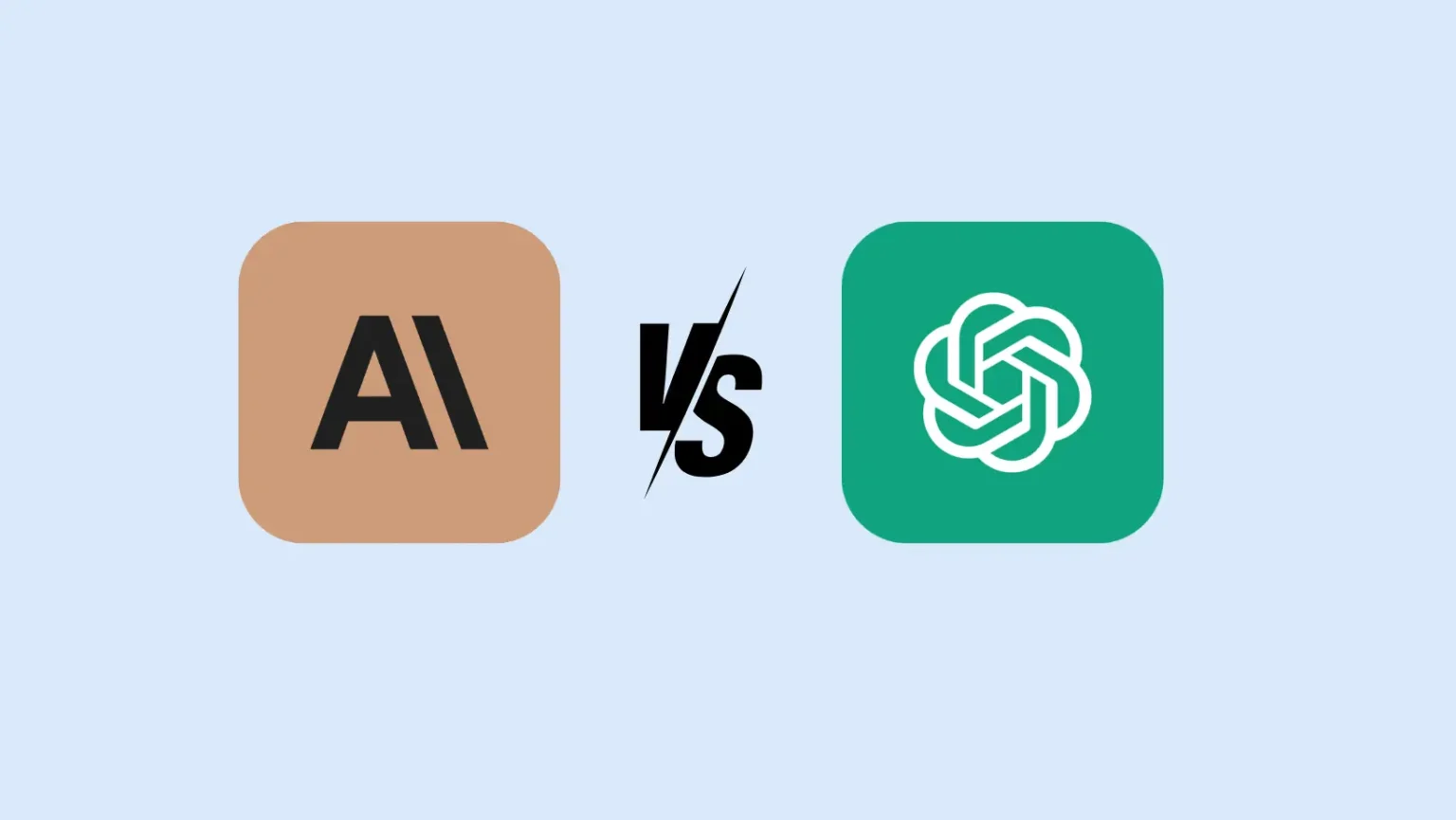
























































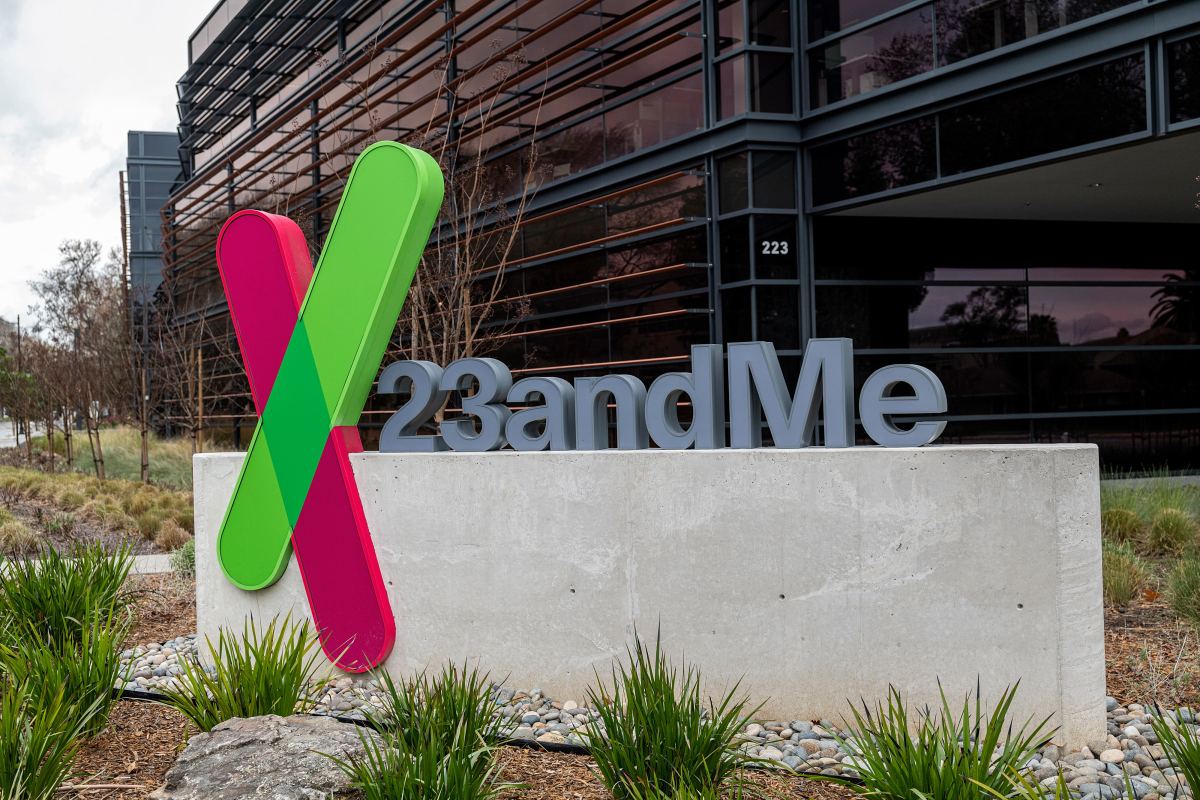



















































































































![[The AI Show Episode 153]: OpenAI Releases o3-Pro, Disney Sues Midjourney, Altman: “Gentle Singularity” Is Here, AI and Jobs & News Sites Getting Crushed by AI Search](https://www.marketingaiinstitute.com/hubfs/ep%20153%20cover.png)


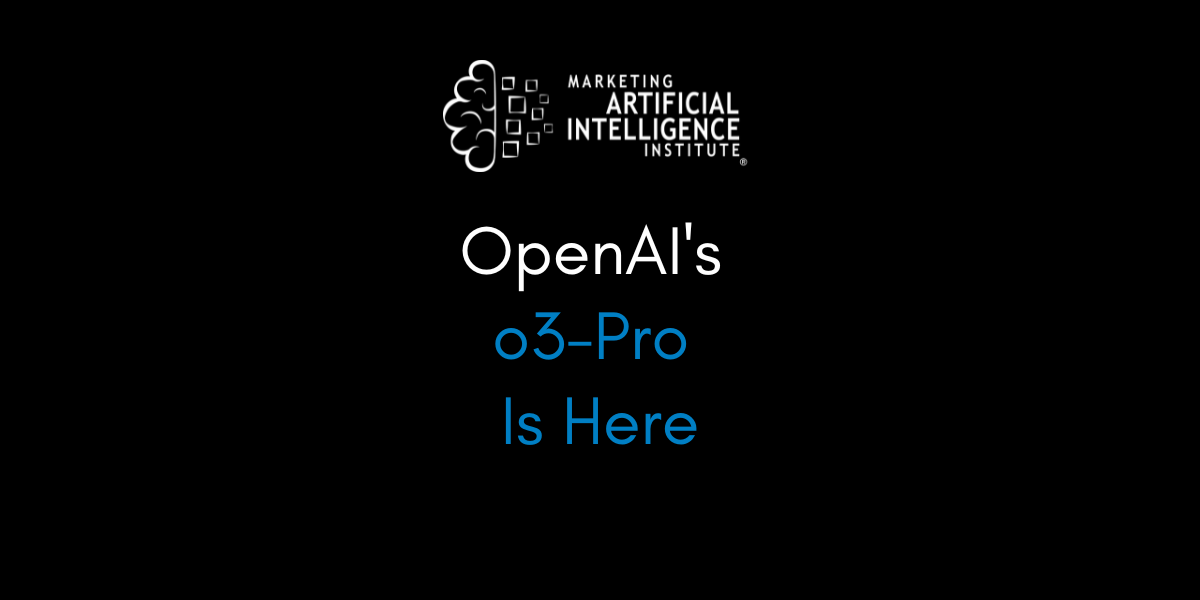



























































































































































































![GrandChase tier list of the best characters available [June 2025]](https://media.pocketgamer.com/artwork/na-33057-1637756796/grandchase-ios-android-3rd-anniversary.jpg?#)









































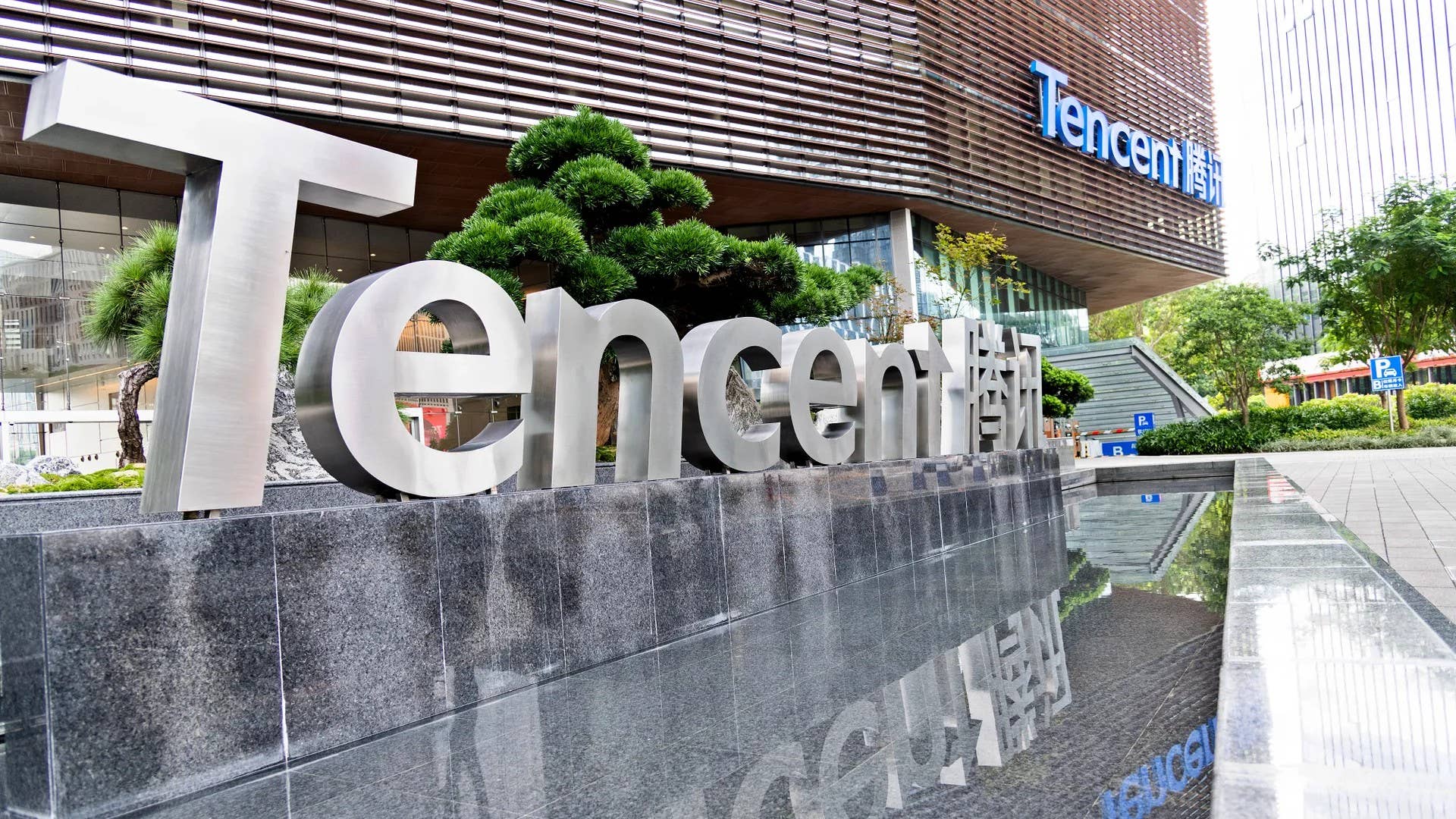
























_Andreas_Prott_Alamy.jpg?width=1280&auto=webp&quality=80&disable=upscale#)


















































![[Fixed] How to Recover Unsaved Word Document on Windows 10/11](https://www.pcworld.com/wp-content/uploads/2025/06/How-to-recover-unsaved-word-document-main.png?#)
































































![Apple's F1 Camera Rig Revealed [Video]](https://www.iclarified.com/images/news/97651/97651/97651-640.jpg)

![Apple Shares New Apple Arcade Ad: 'Hold That Train!' [Video]](https://www.iclarified.com/images/news/97653/97653/97653-640.jpg)


























